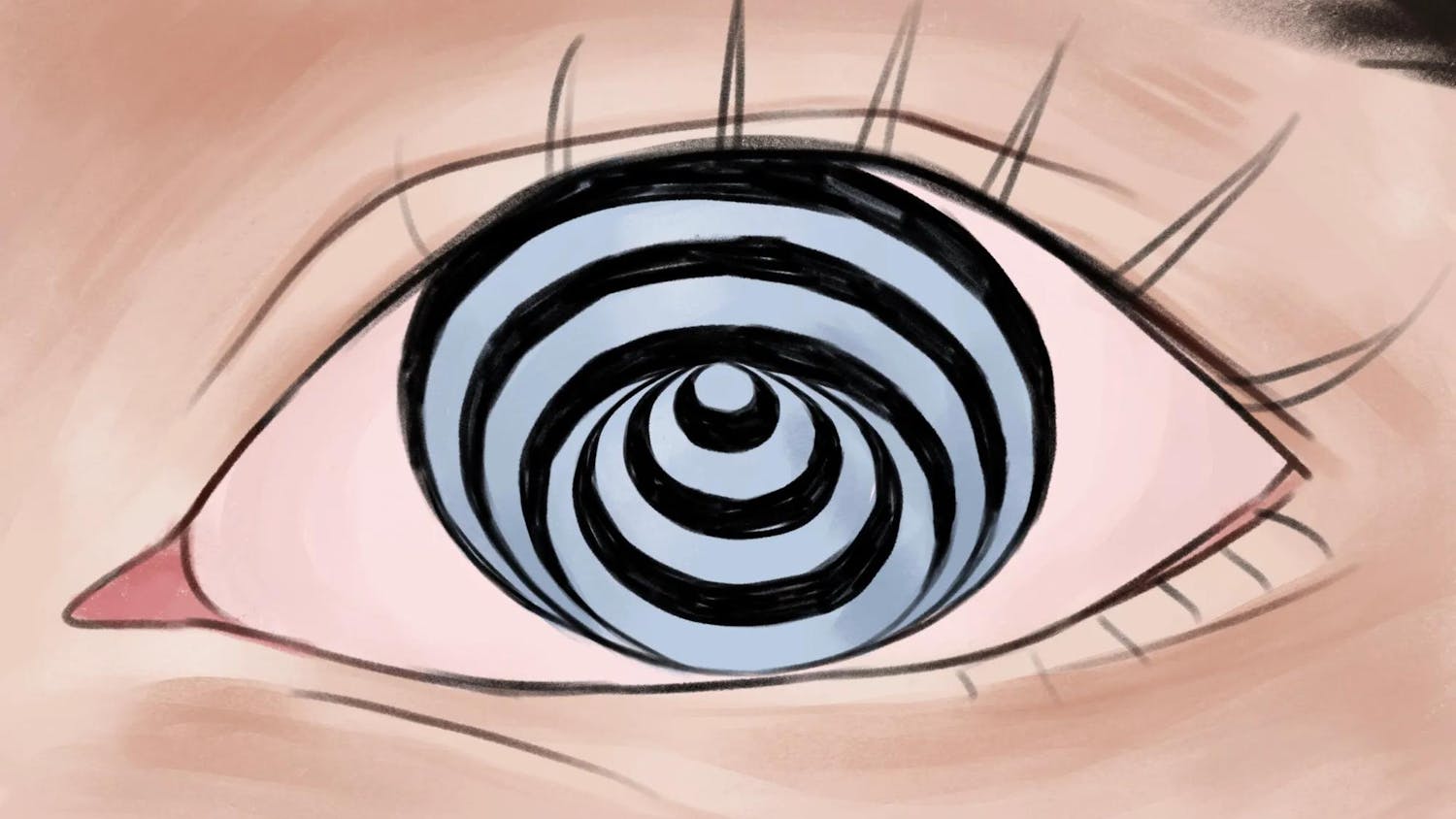"The more I learn, the more I realize I don't know," Albert Einstein once said. For some people, learning increases motivation, but for others, confronting lack of knowledge only begets frustration.
Researchers at Brown and the University of Colorado at Boulder found these different responses to knowledge apply to consumer behavior. They discovered that as a product is explained, "explanation fiends" will pay more for it, while "explanation foes" become dissatisfied and are less likely to pay for it. The findings were published online in the Journal of Consumer Research Sept. 17.
The team categorized consumers as either fiends or foes based on their performance on the Cognitive Reflection Test, a simple three-question test where the intuitive answers are incorrect. Coming up with the right answer requires double-checking one's instinct and putting in extra thought. Scoring low on the CRT indicates a foe, while a high scorer is most likely a fiend.
"(The score is) picking up directly on people's tendency to use intuition," said Steven Sloman, professor of cognitive, linguistic and psychological sciences and an author of the study. "It is proven to be very predictive, very powerful in determining to what degree people think things through."
High CRT scorers, or explanation fiends, appreciate more detail, and their willingness to buy a product increases with explanation depth. Low scorers, or explanation foes, realizing how little they actually know about a product as they are exposed to more information, are less likely to buy the product. Their "illusion of explanatory depth" - or mistaken belief in their understanding - is shattered.
The CRT is not a measure of how smart a person is. "The CRT is weakly correlated with intelligence. For almost everyone, the intuitive answer comes to mind," Sloman said.
But the score and this study do give many insights into marketing. "For marketers, one implication is that it is a good idea to tailor your messages to different audiences," said Philip Fernbach, lead author of the study and assistant professor of marketing at Leeds School of Business at University of Colorado at Boulder. "For consumers, the implication is that we have a false sense that we understand. We should try and second-guess that."
"There are lots of differences in how people try to understand the world. If you want to talk to consumers about something new, you need to address how they are going to process your explanation," Robert St. Louis '11.5, a study co-author, wrote in an email to The Herald. Herald Design Editor Julia Shube '14 was also an author.
The practical applications will require more research, Sloman said, but salespeople might use the findings when gauging a consumer's reaction as they explain a product in order to determine the appropriate level of detail to give, he said.
"I'm not in position to make decisions about what goes in an ad," wrote St. Louis, who works on the consumer research side of an advertising agency, "but I think this knowledge is really important for the industry."
The implications of the study go well beyond consumer research.
Fernbach and Sloman have an upcoming paper that looks at political extremism, Fernbach said. They find that the "illusion of explanatory depth" could contribute to people taking extreme views on issues.
"People generally think they understand things very well," Sloman said. "But then when you ask them to explain it - how Obamacare would settle national health issues, for example - they realize how little they know. Then when you ask their opinions, people tend to be more moderate."
A previous version of this article only listed two authors and did not explicitly state that Robert St. Louis '11.5 co-authored the study. Herald Design Editor Julia Shube '14 was also an author.




